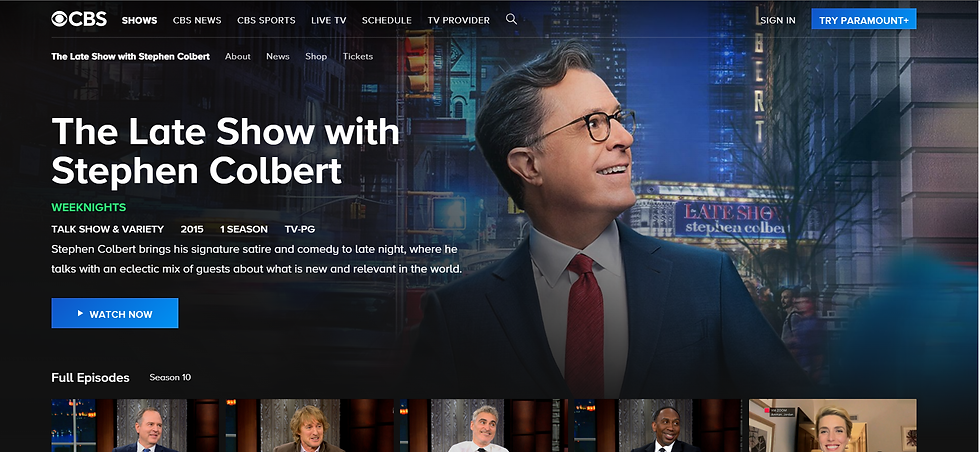Oh no, typos! Avoiding mistakes in your content
- Mark Campbell

- Feb 24, 2021
- 2 min read

Photo by George Becker from Pexels
Typos.
They are embarrassing.
I speak from experience on that.
Years ago, I wrote an article I was very proud of, only to hear from the person I interviewed that their name had been spelled wrong.
Fortunately, it was published on the internet and could be easily corrected.
But the knowledge that I had made a mistake like that still stung.
You can find all kinds of examples of typos out there in blog posts, resumes, brochures, and more.
And some instances of typos having major consequences, which is why it is best to avoid them.
But how do you do that?
Sometimes, I use tools such as auto-correct or spell check to flag typos in my content.
Remember that these tools don't always pick up errors such as misspelled names, homophones (words that sound the same but have different meanings and spellings), or missing words.
For that reason, I always give my content an extra once-over with my own eyes.
Typically, I take a break between writing and proofreading my content.
That way, I can approach it with fresh eyes and give it a more rigorous review.
I also like to read my content out loud, something that is less awkward to do when you work alone.
Or, I will print and go over my content, using my fingertip to touch each word as I read it.
That forces me to slow down and really focus on whether I used the right spelling or catch a missing word.
When I have any doubts about the spelling or usage of a word, I consult a dictionary, like Merriam-Webster.
It is a good way to avoid accidentally dividing compound words (e.g., courtyard) or confusing a word like premiere (first public performance) with premier (first in rank or importance).
There are also times when I ask someone I trust to have a look at what I have written.
That extra set of eyes is a great way to avoid typos or grammatical errors in my content.
Blocking out time to review what you have written isn't easy.
But living down errors you could avoid--errors that reflect on you and your brand--isn't easy either.
Just remember: to err is human, but to proofread is divine.




Comments